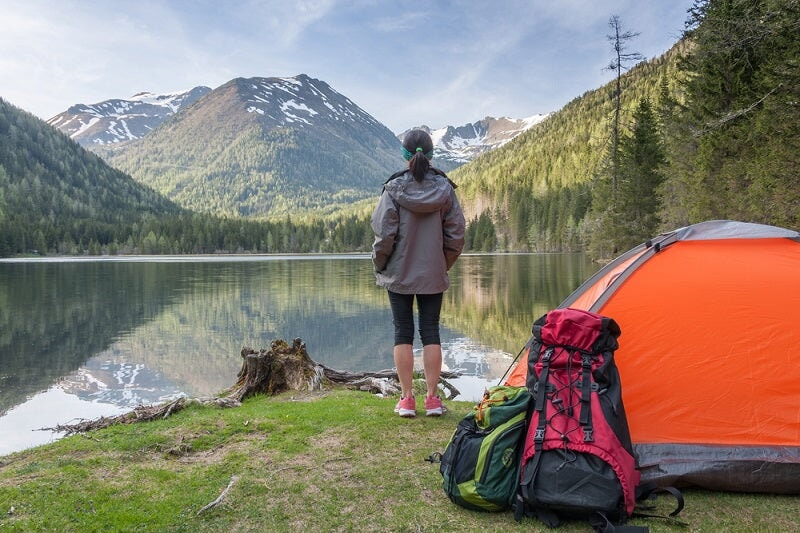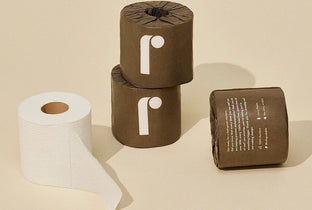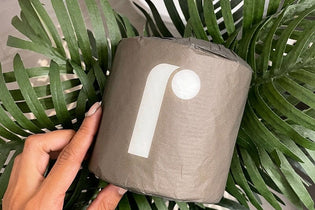
TLDR
Picture this: it's a perfect summer morning. You're breathing in fresh air, surrounded by the great outdoors, and you're ready for an adventure. What could be better than camping? But wait, have you considered eco-camping? Eco camping, also called sustainable camping, is a conscientious way to enjoy the great outdoors while reducing your environmental impact. By choosing to eco camp, you're choosing to become a caretaker of the great outdoors. But what does that involve, and how can you make your next camping trip more eco-friendly?
What is Eco Camping?
Eco camping blends the world of camping with sustainability. It's all about making decisions during our camping trips that reduce our impact on the environment. This might be your first eco camp, or perhaps you're a seasoned camper looking to go green. Either way, you're embarking on a journey of sustainable tourism that's beneficial for both you and Mother Nature.
The Benefits of Eco-Friendly Camping
Adopting an eco-friendly camping lifestyle goes beyond just reducing waste. It's about fostering a deeper connection with nature, promoting the conservation of our national parks, and setting a positive example for fellow campers.
- Preserving Natural Resources: By utilizing sustainable materials in our camping gear and opting for renewable energy sources, we help conserve the planet's resources.
- Reducing Waste: From using reusable containers instead of plastic ones to recycling, we can significantly decrease the amount of waste we create during our camping trips.
- Enhancing Camping Experience: Respect for wildlife and a commitment to leave no trace creates a more harmonious camping experience.
Sustainable Camping Tips
The key to sustainable camping is preparation. Before you head out to your chosen campsite or national park, consider these tips:
- Plan Ahead: Check the campsite's regulations, know the basic functionalities of your gear and be aware of the wildlife you may encounter.
- Leave No Trace: Pack out what you pack in. This includes everything from paper towels to food scraps - bonus, recycled paper towels to be even more eco-friendly.
- Respect Wildlife: Always observe wildlife from a distance and never feed them. It's their home we're visiting.
- Save Water: Use water sparingly and consider using a portable shower that recycles water.
- Avoid Bottled Water: Carry reusable water bottles and purify water from natural sources when possible.
- Embrace Renewable Energy: Opt for solar-powered devices and avoid unnecessary electricity consumption.

Packing a Sustainable Camping Kit
Packing for an eco-camping trip may require a little extra thought, but the result is well worth the effort. Here are some suggestions for a sustainable camping kit:
- Tent: Look for tents made from recycled materials.
- Sleeping Bag: Choose a sleeping bag made from sustainable materials and designed for durability.
- Cookware and Utensils: Opt for reusable containers and utensils, avoiding single-use items.
- Organic Food: Pack organic food to reduce your carbon footprint.
- Trash Bags: Bring biodegradable bags for waste and separate recyclables.
- Eco-Friendly Toilet Paper: Look for bulk toilet paper made from eco-friendly materials, like bamboo toilet paper, and be sure to dispose of it properly. If you’re going with a group consider buying bulk toilet paper.
- Solar-Powered Devices: From lanterns to chargers, there are many solar-powered camping gear options available.
What Not to Include in Your Camping Gear
While packing, it's equally important to remember what not to include in your gear:
- Plastic: Try to avoid any single-use plastic items, including bottled water and disposable cutlery.
- Non-eco-friendly products: Avoid products that aren't biodegradable or that could harm wildlife, including soaps and sunscreens.
- Styrofoam: While styrofoam cups are great at keeping your coffee hot, their benefits end there. Styrofoam is notoriously slow at bio-degrading and it can leech chemicals into you and the environment.1
Eco camping is an opportunity to appreciate the natural world while promoting sustainable practices. By following these guidelines and respecting the environment, we can all do our part to ensure that the beauty of the great outdoors is preserved for future generations. So, are you ready for your next adventure? Let's grab our eco-friendly camping gear and embrace the wild camping lifestyle, while still showing Mother Nature the respect she deserves.
Interested in other ways to be more eco-friendly? Explore our guide on how to become carbon-neutral!
Sources:




0 comments